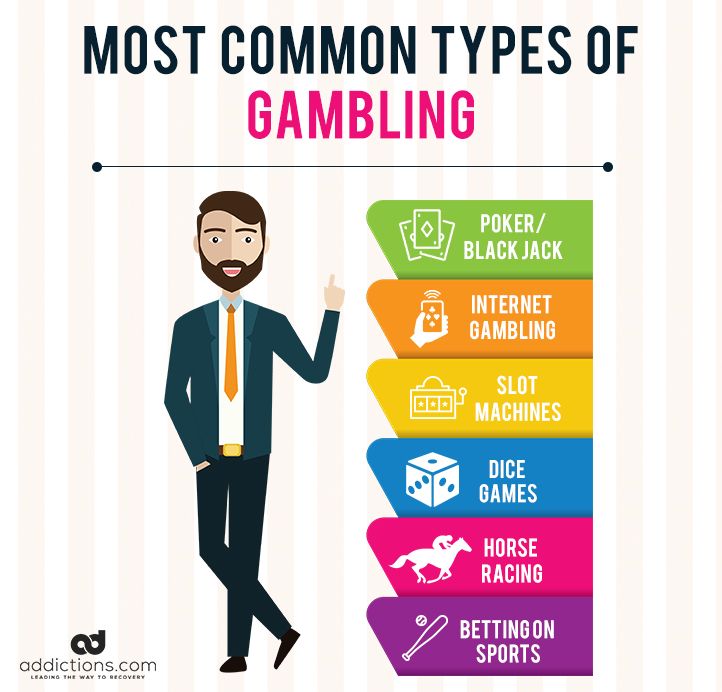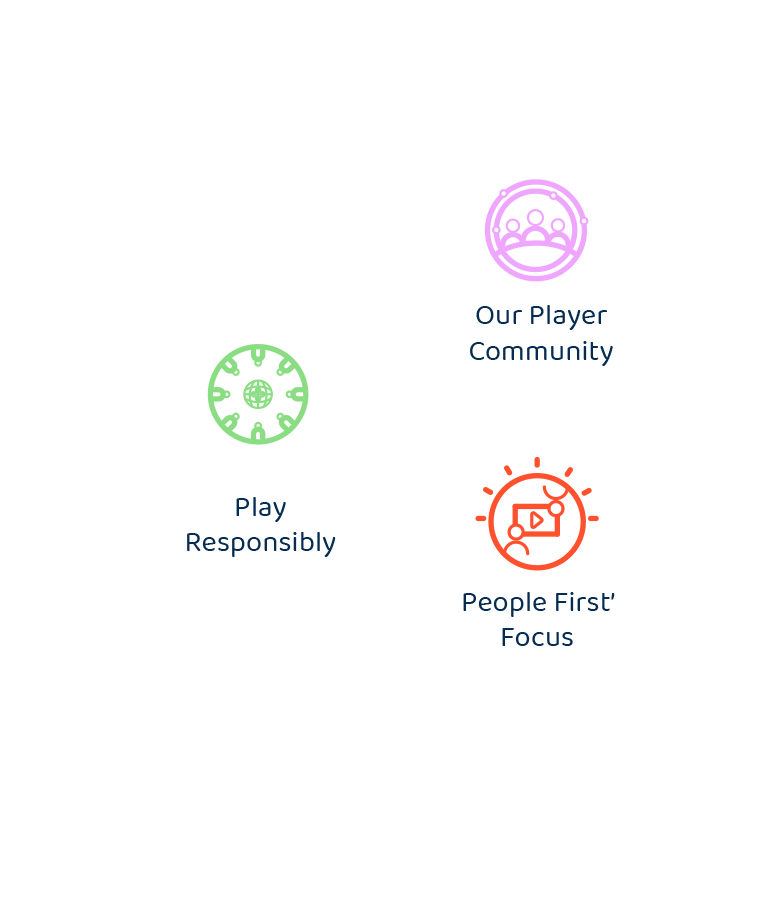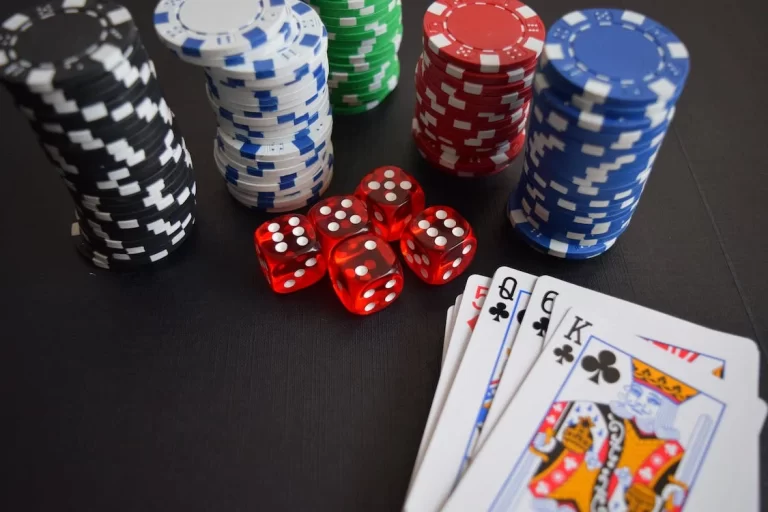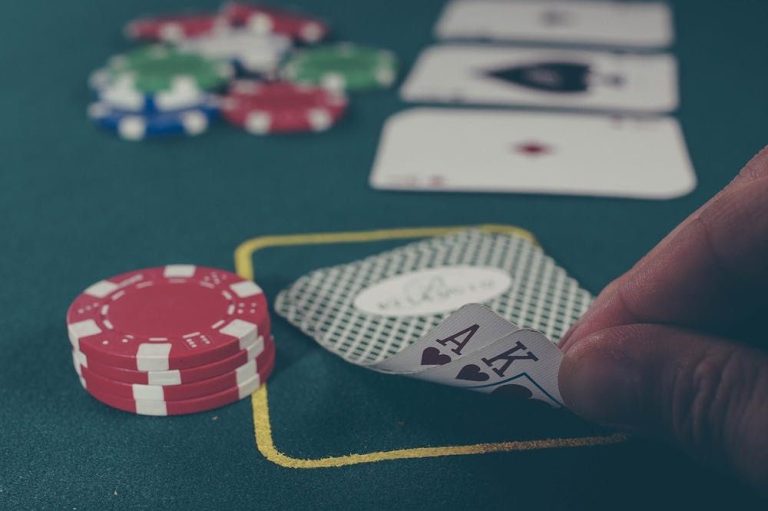As technology continues to advance, the world of online gambling has become more accessible than ever. While for many people, gambling is a fun and harmless way to pass the time, for others, it can quickly escalate into a serious addiction. In this article, we will explore the signs of gambling addiction and what to watch for if you or someone you know may be struggling with this issue.
Ignoring Responsibilities
One of the most common signs of gambling addiction is when an individual starts neglecting their responsibilities in order to gamble. This could include missing work or school, neglecting family or social obligations, or failing to pay bills on time. If you notice that someone you know is consistently putting gambling ahead of their responsibilities, it may be a red flag that they have a gambling addiction.
Increased Time and Money Spent on Gambling
Another sign of a gambling addiction is when an individual starts spending more and more time and money on gambling. They may find themselves constantly thinking about gambling, spending hours in front of a screen or at a casino, and betting larger amounts of money than they can afford to lose. This behavior can quickly spiral out of control and lead to financial ruin if not addressed promptly.
Changes in Behavior
Individuals with a gambling addiction may exhibit changes in behavior that are out of character for them. They may become more secretive about their gambling habits, lie about how much time and money they are spending on gambling, or become irritable or defensive when questioned about their behavior. These changes in behavior can be a clear indicator that someone is struggling with a gambling addiction.
Mood Swings and Irritability
Another common sign of a gambling addiction is mood swings and irritability. Individuals with a gambling addiction may experience high highs and low lows depending on whether they are winning or losing. They may become increasingly agitated or irritable when they are not able to gamble, and may experience intense feelings of guilt or shame after a gambling binge. These mood swings can have a negative impact on their personal and professional relationships.
Seeking Help
If you or someone you know is exhibiting signs of a gambling addiction, it is important to seek help as soon as possible. There are a variety of resources available for individuals struggling with gambling addiction, including support groups, counseling services, and treatment programs. By addressing the issue early on, individuals can take control of their gambling habits and begin the path to recovery.
Conclusion
While gambling can be a fun and harmless activity for many people, it can quickly turn into a serious addiction for others. By being aware of the signs of gambling addiction and knowing what to watch for, you can help yourself or someone you know get the help they need to overcome this issue. Remember, it is never too late to seek help and start on the path to recovery.







